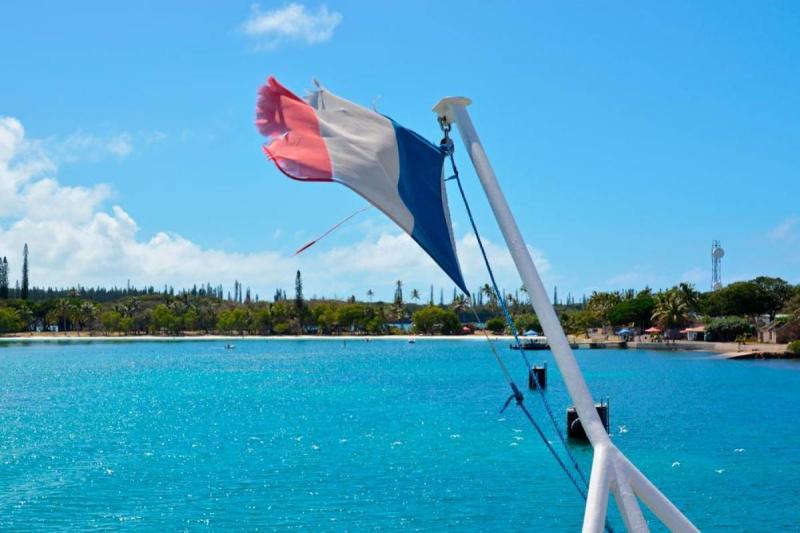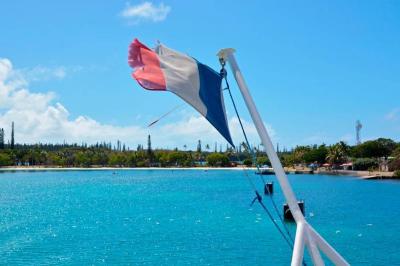Violent clashes erupted earlier this week in the territory of New Caledonia in the South Pacific, following the French National Assembly's approval of controversial electoral reforms that angered independence supporters. According to local officials and French media reports, five individuals were killed, including two police officers, and more than 300 others were injured, with over 130 arrests made since last Monday. French President Emmanuel Macron declared a state of emergency in New Caledonia to curb the escalating violence, emphasizing the need to "restore order as quickly as possible." He stressed the importance of resuming political dialogue and asked the Prime Minister and the Minister of the Interior and Overseas Territories to invite delegations from New Caledonia to Paris.
### Cause of the Dispute
The protests coincided with discussions in the French National Assembly regarding amendments to New Caledonia's constitution. The constitutional reform proposes to expand the electorate to include those who have resided in the territory for ten years. These proposed changes could allow a larger number of French citizens to vote in the island's elections, which independence supporters fear would undermine the voting power of the indigenous population known as the Kanak people. The pro-French opposition supports the reform, while the separatists believe that Paris is trying to "continue to undermine the indigenous Kanak people," who accounted for 41.2% of the island's population in the 2019 census, compared to 40.3% a decade ago.
### Geographical Location of New Caledonia
New Caledonia is one of five island territories controlled by France in the Indian and Pacific Oceans, central to President Macron's strategy to enhance French influence in the Pacific. It is located in warm waters, southwest of the Pacific Ocean, about 930 miles (1500 kilometers) east of Australia, and is home to 270,000 people. Approximately 41% of the territory's population are Kanak people, who are the indigenous population, while 24% are of European descent, most of them being French. The archipelago was named by British explorer James Cook in 1774 and was annexed by France in 1853, serving as a penal colony until shortly before the 20th century. Following French colonization in the 19th century, New Caledonia officially became a French overseas territory in 1946. Since the 1970s, tensions on the island have escalated, marked by various conflicts between Paris's independence movements and the Kanak people.
### Importance to France
New Caledonia is the third-largest producer of nickel in the world and lies at the heart of a geopolitically complex maritime region where China and the United States are vying for influence in security and trade. The archipelago in the South Pacific is strategically significant for France in its efforts to boost its presence in Asia, as well as being rich in nickel and minerals essential for various industrial sectors, notably electric vehicles. New Caledonia produces approximately 25% of the world's nickel, with limited arable land available, resulting in food contributing about 20% of imports. Additionally, the territory receives significant financial support from France, amounting to over a quarter of its GDP, with tourism also being a key aspect of its economy.




